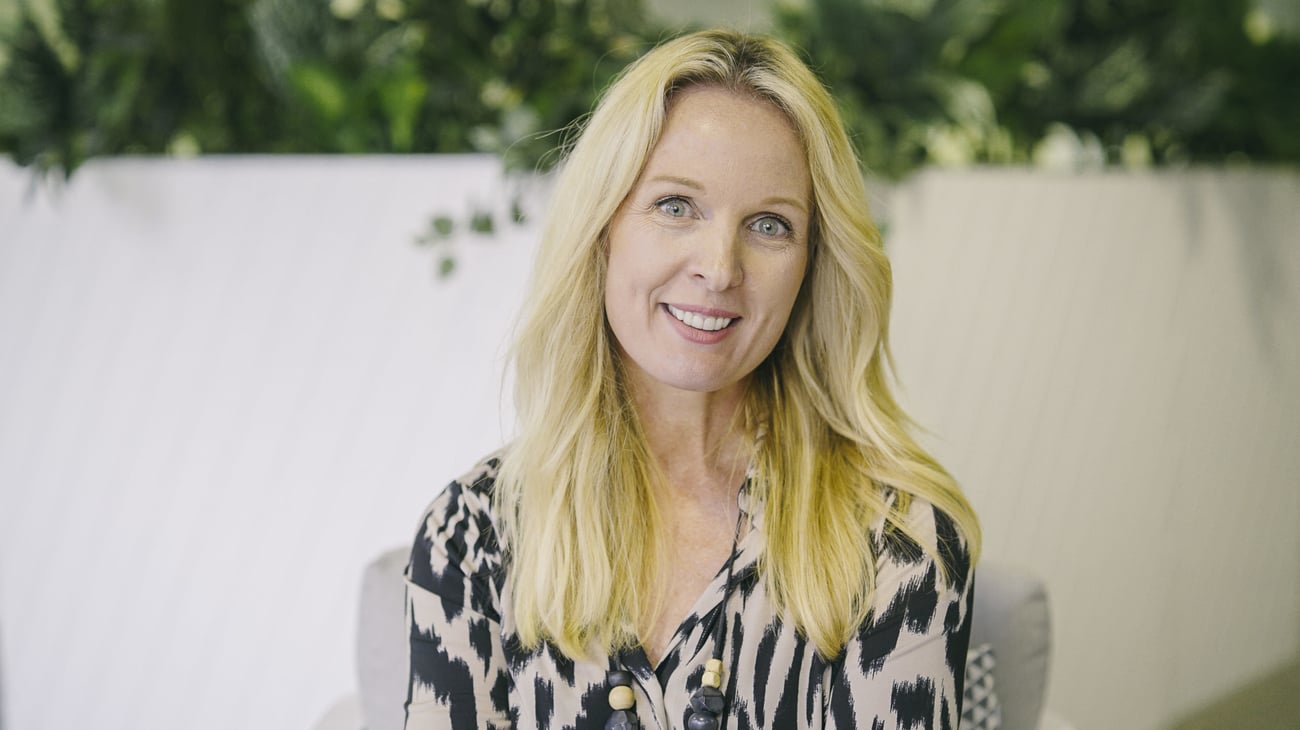
It’s no secret that technology is transforming the way we work and live, but a group being affected by this that’s often forgotten about is people who weren’t born and raised as a digital nomads and can’t quite wrap their head around a particular concept – like what the hell blockchain is, for example.
They might not want to speak up about it to anyone, either, for fear of looking out of touch and slow on the uptake.
Enter Digital Suitcase, a platform created by tech learning and business hub Tech Futures Lab that has launched worldwide to educate adults who are aware of all the high-tech technology terms like AI, 3D printing and AR, but lack comprehension of how things work, or what they mean.
In order to create the content, the Tech Futures Lab team crowd researched with everyday people working across multiple industries in the US, Canada, New Zealand, Australia and further abroad. They were asked about different topics to gauge their skill and interest levels, as well as to understand their motivations and needs.
Digital Suitcase is also pitched as being light-hearted, video-based and jargon free, which Tech Futures Lab founder Frances Valintine says is a crucial feature of the platform.
“It’s done in a really non-intimidating way, so there’s nothing to read, nothing to pass – it uses quite a lighthearted way using a colloquial, fun, laugh-at-yourself approach, not deep and serious,” Valintine says.
“What we know from teaching hundreds of adults is as soon as it becomes scary, you lose them. So we’ve been very conscious of not belittling anyone by assuming they know nothing but also not assuming that they know certain things.”
It’s also important to note that this isn’t an extension of Digital Passport, which was launched by Mind Lab earlier this year to help New Zealand teachers educate themselves on the digital curriculum and was a runaway success, with 4000 sign-ups just weeks after launching – the company’s goal to achieve within a 12-month time frame.
Instead, Valintine says the Digital Suitcase is an entirely different product aimed at deciphering and demystifying new technologies, such as blockchain or AI, that are becoming commonplace across a range of industries.
But there’s also something in it for everyone, from how-to guides on digital tasks that might be considered pretty simple for someone who knows their way around a computer, through to teachings on more complex subjects that a lot of people are lacking knowledge in, such as blockchain.
“It even has teachings like how to do video editing, how to make a photo great, what is cloud computing, how do I do password security – right through to, ‘what is AI?’ so we have a really broad range,” Valintine says.
“It’s more around a certain age group of people, aged 35 to 65, and they will be people who are in any industry. Whether you’re in retail or logistics or hospitality, you’re working with technology all the time, but a lot of time, as a consumer.
If you’re asked to develop a user integration, you may not know where to start, so it’s saying how do you get more information available at your fingertips so you can go into conversations with your friends, family and colleagues with sound knowledge about what these things are and what you can actually do.”
Tech Futures also ensured it doesn’t just have young people pitched as experts explaining these concepts in the videos, with older people also featuring explaining some of the digital terms.
Valintine says she wants people to come away equipped with the knowledge to confidently communicate these tech terms the workplace.
“When we talk to corporate companies at Tech Futures, often these people have heard of these concepts, but they go into meetings and feel really embarrassed to put their hand up and say, ‘I don’t know what you’re talking about,’” she says.
“Yet within every company we talk to, they’re looking at the deployment of these new technologies. Things like sensors, IOT, measuring responsiveness form customers, so it’s almost impossible now to avoid it.”

She says when Tech Futures went to search globally for a place where adults could get all of this information on new technology in one place, they couldn’t find anything.
“Say I’m working with a bank and they’re wanting to bring 5000 people up to the same knowledge level, we would tell them, ‘Start with this programme’, but we couldn’t find a single programme [to refer them to],” Valintine says. “Then we thought, we have huge amounts of experience in our organisation of teaching adults and know tech inside and out, so why not combine the two?”
Digital Suitcase has been launched with global intentions in mind, as Valintine and the team see big potential for such a product overseas.
“There’s much more competition and aggressive businesses overseas, like in the US, and a constant ‘I need to know and be informed’ urge there,” she says. “The product has been developed for the offshore market, but with the New Zealand market we’re really hopeful that they’ll pick up the opportunity to learn at a low cost with self-direction. But we think the US market will be where the majority of users will be.”
If successful, it will be one of few education tech products to come out of New Zealand, with Valintine saying it will be a good way to show off the country’s knowledge of the high-tech world.
“We really do hope that this will be a seen as a product from New Zealand that defines who we are. It showcases we are involved with these new technologies and emerging ways of doing things in a digital world, which is probably not something most countries would associate with New Zealand because we have incredible companies from that understand and use these tech, but we don’t necessarily hear about them.”
To find out more, head to the Digital Suitcase website.




